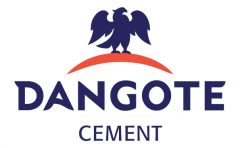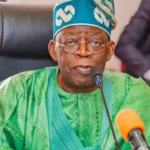
In its bid to properly link the nation’s financial system together, the Central Bank of Nigeria (CBN) has extended the Bank Verification Number (BVN) project to customers of Other Financial Institutions (OFIs) such as microfinance banks, primary mortgage institutions in the rural and urban areas of the country.
Before now, only customers of deposit money banks (DMBs) were required to enroll in the BVN network, an initiative of the Bankers Committee (comprising top officials of the CBN, chief executives of banks and the Chartered Institute of Bankers of Nigeria which regulates the conduct of the nation’s officials), which was introduced in February 2014.
A circular by Mrs. Tokunbo Martins, Director, Other Financial Institutions Supervision Department (OFID) of the CBN directed MFBs and PMIs to enroll their customers on, before July 31, this year, in a bid to “support the achievement of the zero default credit targets set for the participating financial institutions in the Micro, Small and Medium Enterprises Development Fund (MSMEDF).”
Consequently, the circular, referenced: OFI/DIR/CIR/GEN/17/139, dated April 21, 2017, directed the affected institutions to conspicuously display notices sensitizing customers on BVN in their banking halls and ensure that all new customers have BVN.
While all customers without BVN linked to their account are to be barred from making withdrawals from those account from August 1, 2017, all MFBs and PMIs, among others, are to forward to the Director, Other Financial Institutions Supervision Department, a schedule of customer accounts with BVN on August 7, 2017.
This, it is further believed, is part of efforts to open opportunities for extending credit to millions of Nigerians without a standard means of identification such as any of: Driver’s Licence, International Passport, National Identity Card and the Permanent Voter’s Card.
The BVN, the circular explained is also expected to minimize the incidence of fraud and money laundering in the financial system, while enhancing financial inclusion, stressing that the project has so far been “very successful” with the DMBs.
The decision to link the MFBs and PMIs via BVN may not be unconnected with the fact that most fraud today are now perpetrated in that segment of the Nigerian financial system.















